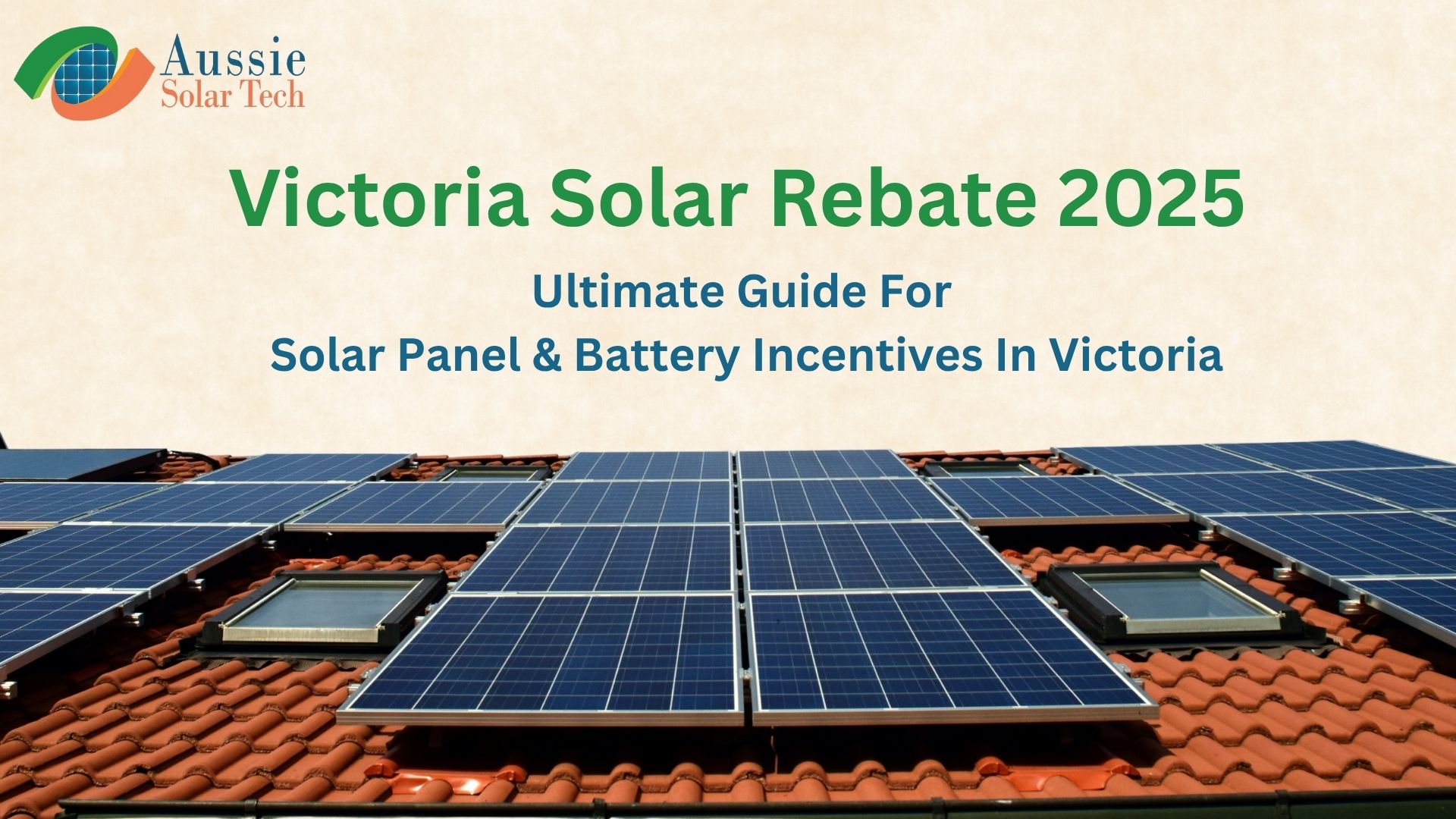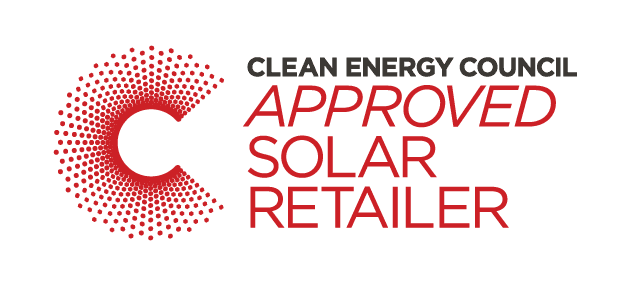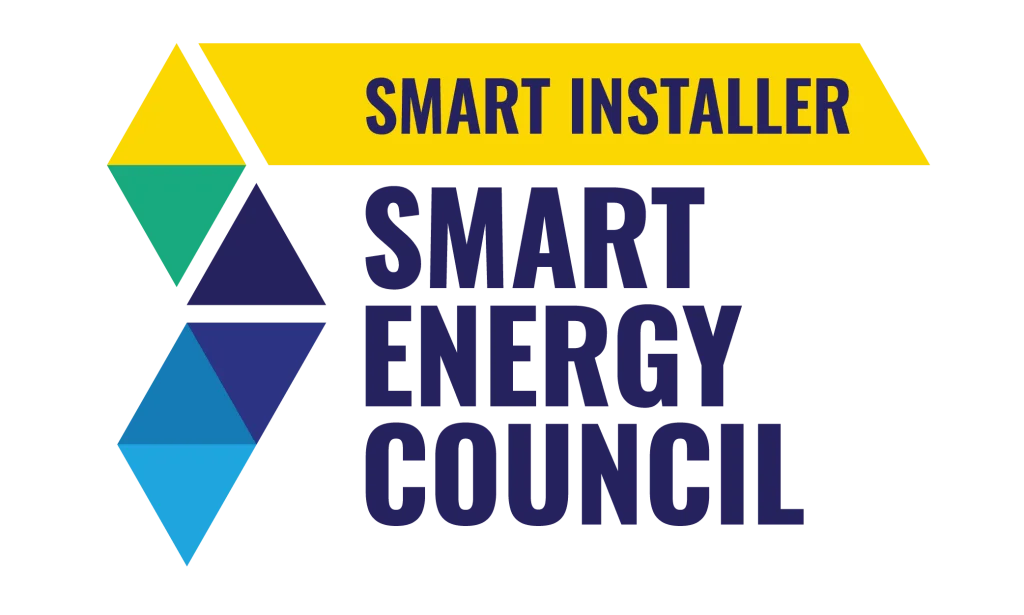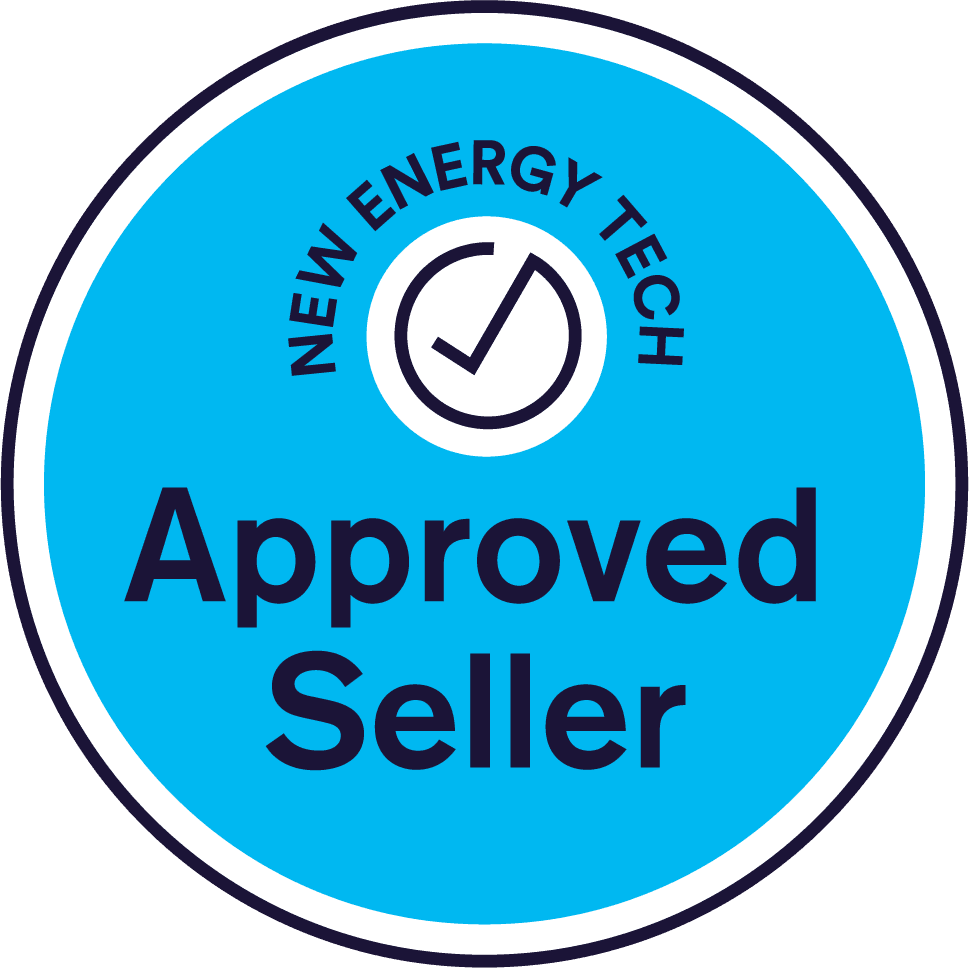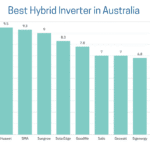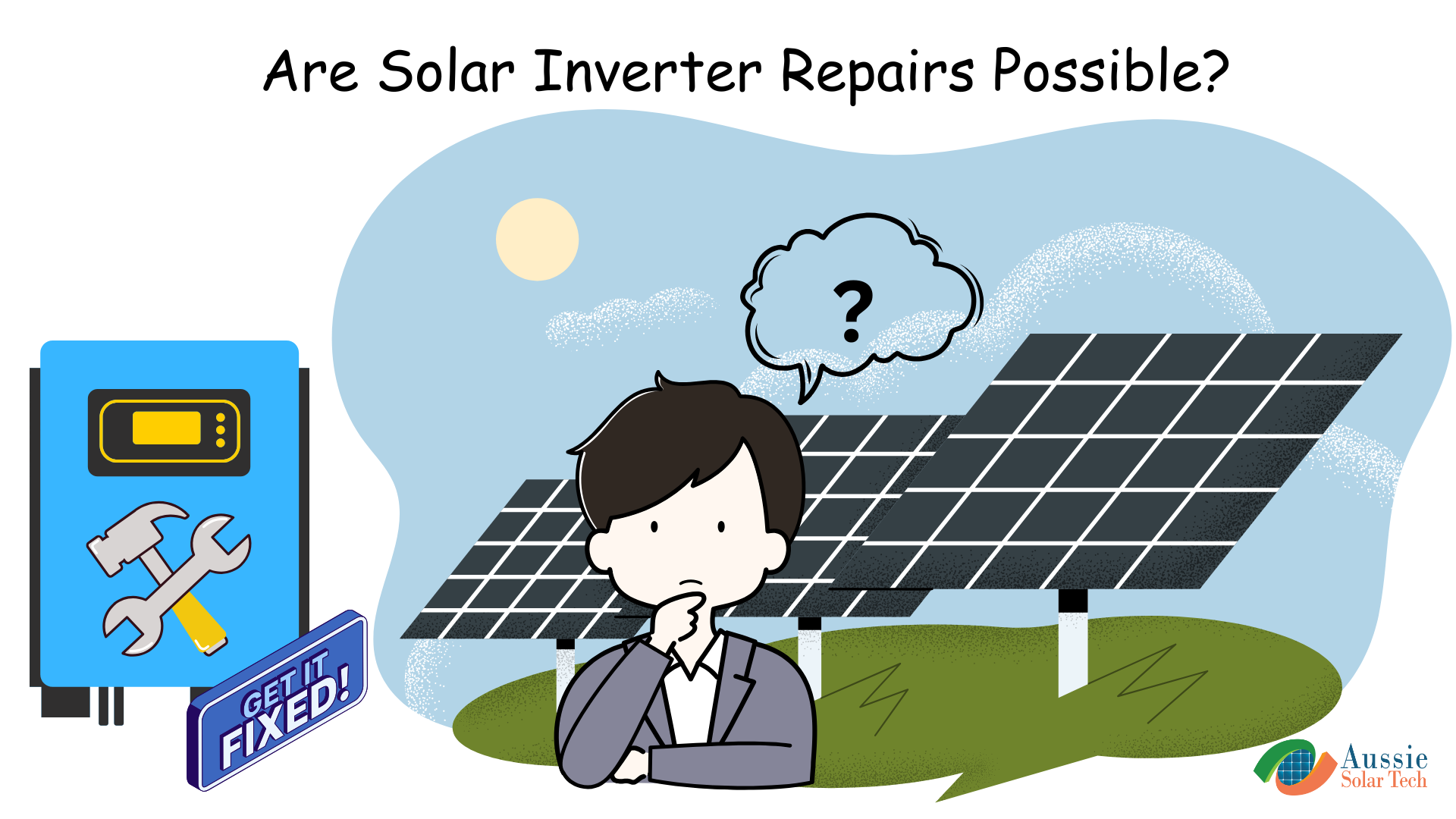Top Expert-Approved Indicators of Solar Panel Performance: How to Know If They’re Truly Efficient

In This Article
ToggleWhen investing in solar energy, it’s not enough to just install the panels—you need to make sure they’re delivering optimal performance over time. Understanding the expert-approved indicators of solar panel performance can help you monitor system health, maximize efficiency, and avoid costly energy losses. In this guide, we’ll break down the most reliable signs that your solar panels are working effectively and show you how to spot problems before they impact your savings.
How to Determine If Your Solar Panels Are Working
Decrease in Energy Bills: A noticeable reduction in your energy bills is one of the clearest indicators of solar panel performance. As your panels convert sunlight into electricity, your dependence on the conventional power grid decreases, leading to lower monthly energy costs.
Track Solar Production: To ensure your solar panels are working as they should, it’s crucial to track your solar production. Many solar systems come with monitoring tools that offer real-time data on energy generation. Regularly reviewing this data can help ensure optimal performance.

Use Monitoring Tools and Apps: Monitoring tools and apps can simplify the assessment of your solar panel system’s performance. These tools provide detailed information about solar production, energy usage, and alerts for potential issues. Utilizing them can help you stay informed and address any problems promptly, ensuring continued functionality.
Common Issues Affecting Solar Panel Performance
Shading and Obstructions: Shadows from nearby trees, buildings, or other objects can reduce a panel’s ability to generate electricity. Regularly check for new construction or growth that may block sunlight from reaching your panels.

Inverter Malfunction: The inverter converts the DC produced by the panels into usable AC for your home. If it’s not functioning correctly, it can significantly impact the system’s efficiency.
Panel Degradation: As panels age, they may lose efficiency due to wear and tear, environmental factors, and exposure to the elements. Monitor panel performance regularly and consider maintenance or replacement if electricity production decreases.
How Environmental Conditions Impact Solar Panel Performance
Solar panels’ efficiency is influenced not only by sunlight but also by various environmental factors. High temperatures, humidity, air pollution, and dust can significantly reduce their energy output. For example, while sunlight is essential, excessive heat can cause panels to produce less electricity. Similarly, dust or pollution buildup on the surface blocks sunlight and lowers performance. Being aware of these conditions helps homeowners take timely actions such as cleaning panels or considering shading solutions to maintain optimal energy production.
Optimal Orientation and Tilt for Maximum Solar Efficiency
The direction and angle at which solar panels are installed play a crucial role in how much energy they generate. Panels should ideally face north in the Southern Hemisphere (like Australia) or south in the Northern Hemisphere to capture maximum sunlight. Additionally, the tilt angle should align closely with the location’s latitude to optimize year-round solar exposure. Proper orientation and tilt not only increase the electricity generated but also maximize the return on investment for your solar system by ensuring consistent and efficient performance.
Steps to Assess Solar Panel Efficiency
Check Energy Meter Readings: Regularly monitor your energy meter readings to track the electricity your panels generate. Compare generation on sunny and cloudy days to spot discrepancies.
Review Historical Solar Production Data: Access historical data on your panel’s electricity production to identify patterns, trends, and irregularities.
Compare Actual vs. Expected Output: Determine the expected output based on sunlight availability and panel capacity. Compare this with the actual output to assess performance.
Advanced Indicators of Solar Panel Performance
While basic signs like lower energy bills and production tracking are useful, advanced indicators can provide a deeper understanding of your solar system’s efficiency. These technical metrics help ensure that your panels are performing at their full potential.
1. Temperature Coefficient:
Every solar panel has a temperature coefficient, which indicates how well it performs as temperatures rise. A higher temperature typically reduces panel efficiency. Monitoring how your system reacts during hot weather can reveal performance issues that aren’t immediately obvious.
2. Performance Ratio (PR):
Performance Ratio is a key metric used by solar professionals to evaluate system efficiency. It compares the actual energy output with the theoretical maximum based on available sunlight. A healthy PR usually ranges between 75% and 90%.
3. Voltage and Current Monitoring:
By measuring voltage and current from each panel string, you can detect underperforming modules or faults early. Significant drops in current or voltage can signal issues like poor connections, shading, or cell degradation.
4. Soiling Loss:
Dirt, dust, bird droppings, or pollution buildup on your solar panels can reduce energy production — known as soiling loss. Advanced monitoring systems or periodic inspections can help quantify this effect and inform your cleaning schedule
Frequently Asked Questions on Solar Panel Performance
How Do Solar Panels Work?
Solar panels convert sunlight into electricity using photovoltaic cells made of semiconductor materials that generate an electric current when exposed to sunlight.
How Can I Tell If My Solar Panels Are Working?
You can check your electricity meter, inverter, and monitor your energy bills to assess the performance of your solar panels.
How Often Should I Clean My Solar Panels?
Cleaning them at least twice a year is recommended, but the frequency may vary depending on location and the accumulation of dirt and debris. Regular cleaning maintains performance and prolongs the panels’ lifespan.
Watch: How to improve solar panel efficiency
Conclusion
Monitoring your solar panel performance is crucial to ensure its efficiency and effectiveness. By regularly checking for specific indicators like energy production, panel angle, and conducting visual inspections, you can determine if your solar panels are working optimally. Taking proactive steps to address issues or seek professional assistance will help maximize your solar investment and contribute to a sustainable future.
Have questions or need help with your solar system? Contact us now for expert support

Shah Tarek is a Solar Energy Consultant with 10 years experience in solar system design and solar consultancy field at Australia. He is now a Director, Operation & Consultancy Division at Aussie Solar Tech, a leading Australian solar retailer and installer. Here he is writing informative and engaging solar content that educates the community on the benefits of solar power. His work supports Aussie Solar Tech’s mission to promote sustainable energy solutions and foster a greener future for Australia.
Recent Posts

